Supreme Court Associate Justice Stephen Breyer, speaking at Brookings today to launch the inaugural Justice Stephen Breyer Lecture on International Law, recalled a conversation he had with a Republican member of Congress from Virginia on the issue of referring to non-U.S. courts. The congressman, Justice Breyer remarked, said “just don’t refer to it in your opinion.” Breyer told the Brookings audience that what this congressman and others who “are thinking about this politically” are concerned about is “that they see a world that’s changed a lot, and indeed our docket has changed a lot, and they think we have something uniquely American.” Breyer continued:
I see if you are worried, lots of Americans are worried. But I’ll tell you something. Whether we refer to or don’t refer to questions that come up abroad or answers that foreign courts give or what the law is like in some other places, has nothing to do with what you’re worried about. It is the world that has changed and our docket has changed. And if you want to preserve … our American values you’d better learn something about what’s going on elsewhere because that affects directly what we do.
Justice Breyer said that where the court once had maybe two or three cases out of a docket of 80 in which knowledge of “what’s going on in some places” was needed (or “extremely helpful”), now that number is 10-15 of them. He offered some examples:
1. Cases involving the conflict between civil liberties and security. These include Civil War-era cases where military officers wished to try civilians in military courts; President Truman’s seizure of steel mills during the Korean War; and the Guantanamo cases. “We’re now in a world where in fact security problems are international,” he said, and where “not every country has the same system for dealing with it, and maybe we can learn something.”
2. Human rights cases. We’re “living in a world where more and more you are seeing human rights become an international issue,” he said. Justice Breyer discussed issues related to the Alien Tort Statute, which allows foreign nationals to sue in New York courts to recover damages. “There is no Supreme Court of the world,” he said. “And since there isn’t, you have to have a legal system that can operate under those circumstances” and to solve the “technical, jurisdictional, statutory problems” of such cases in the United States, we “have to know what’s going on elsewhere.”
3. Interpreting treaties. Here he referred to cases in Texas where Mexican nationals who were arrested were not told of their rights, under a treaty ratified by the U.S. Senate, to contact their consular officials.
4. Copyright law. Justice Breyer described a case where a Cornell student from Thailand brought over textbooks to sell that were cheaper than the same ones in the U.S. “And suddenly,” Breyer said, “I start looking at the briefs and we have briefs from all over the world and when I want to find out why it turns out that we can’t answer this question without knowing something about copyright law in a lot of different places.”
“So you see the point,” Breyer said.
And in each of these instances, whether it’s how to get the right briefing, how to get the right intelligence, how to get the treaty writers to focus on our problem, whether we are really faced with something that arose only once before in the New Deal, how we decide these problems where security and civil liberties conflict. How we answer those questions is important, and maybe you want a little more from us … than simply saying [to Congress and the president] “Don’t go too far.” That’s a judicial way of saying “I don’t have a clue what the answer is.” You see the problem? Now that’s what’s in front of us, and that matters how we answer those questions.
The event included introductory remarks by Brookings President Strobe Talbott, and a discussion with Justice Breyer moderated by Abiodun Williams, president of The Hague Institute for Global Justice.
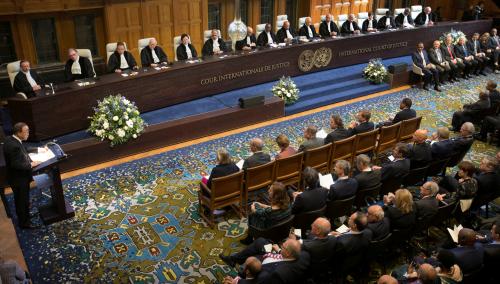


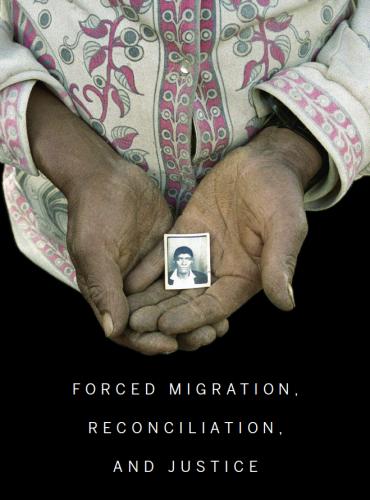
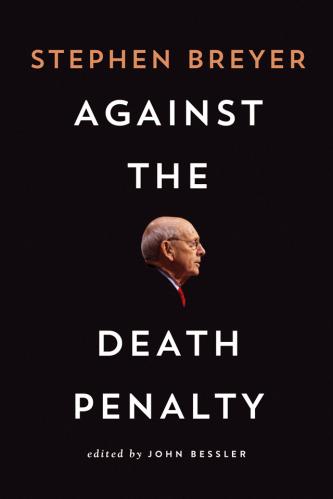
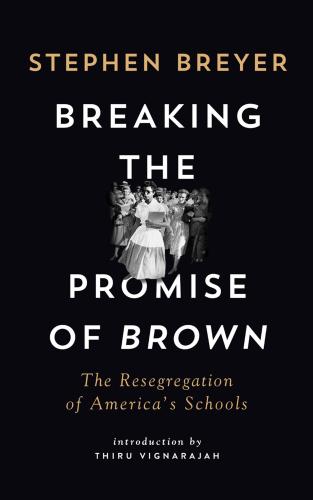


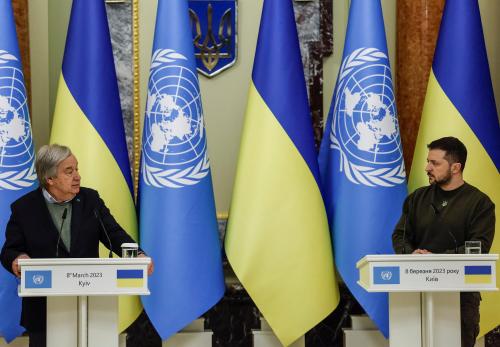
Commentary
Justice Stephen Breyer: If You Want to Preserve American Values, Learn Something from Abroad
April 3, 2014